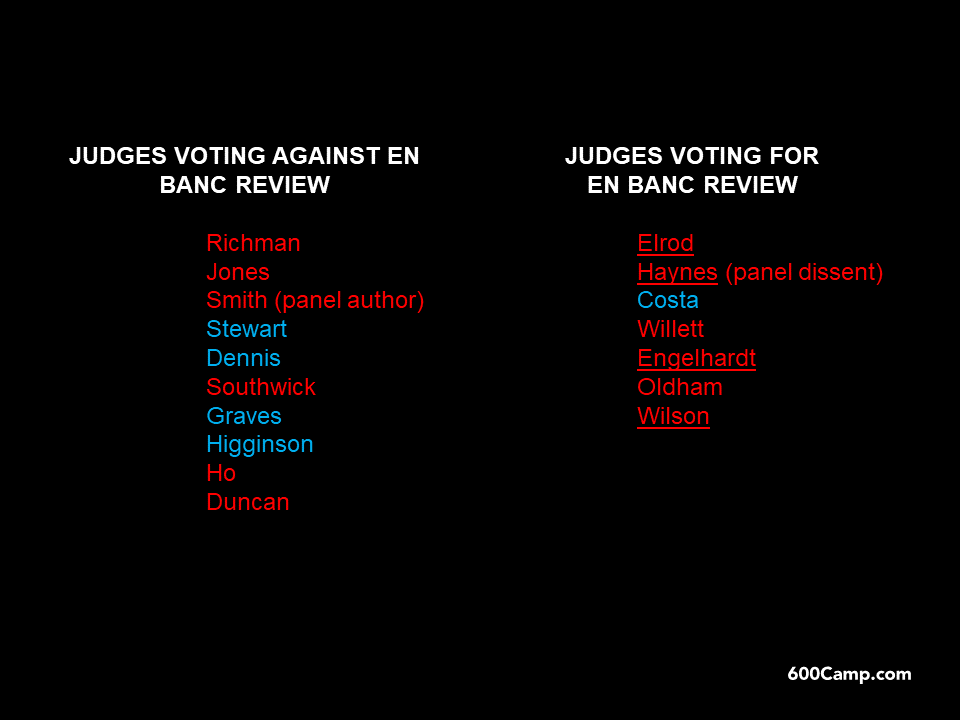 A contract involving the acquisition of delinquent debt was not unenforceable for lack of a specific price term in Capio Funding LLC v. Rural/Metro Operating Co., LLC, reversing a district-court ruling to the contrary:
A contract involving the acquisition of delinquent debt was not unenforceable for lack of a specific price term in Capio Funding LLC v. Rural/Metro Operating Co., LLC, reversing a district-court ruling to the contrary:
The crucial question is whether the term “additional Accounts” rendered the Forward Flow Amendment unenforceable. AMR urges a Shakespearean take—claiming it was but an indefinite promise to the ear, broken only to Capio’s hope. Capio counters that “additional Accounts” governed all accounts that met the agreed-upon standards. Capio carries the day for two reasons. First, read in context, the term “additional Accounts” has enforceable meaning. Taken together, the plain meaning of the word “additional,” the contract’s clear architecture, and various settled principles of interpretation reveal that “additional Accounts” refers to all qualifying accounts that accrue quarterly.
No. 20-11218 (May 18, 2022). (The Shakespearean reference is to Act V, Scene 8 of Macbeth, when Macbeth reacts in horror to MacDuff explaining that he was not “of woman born”).










